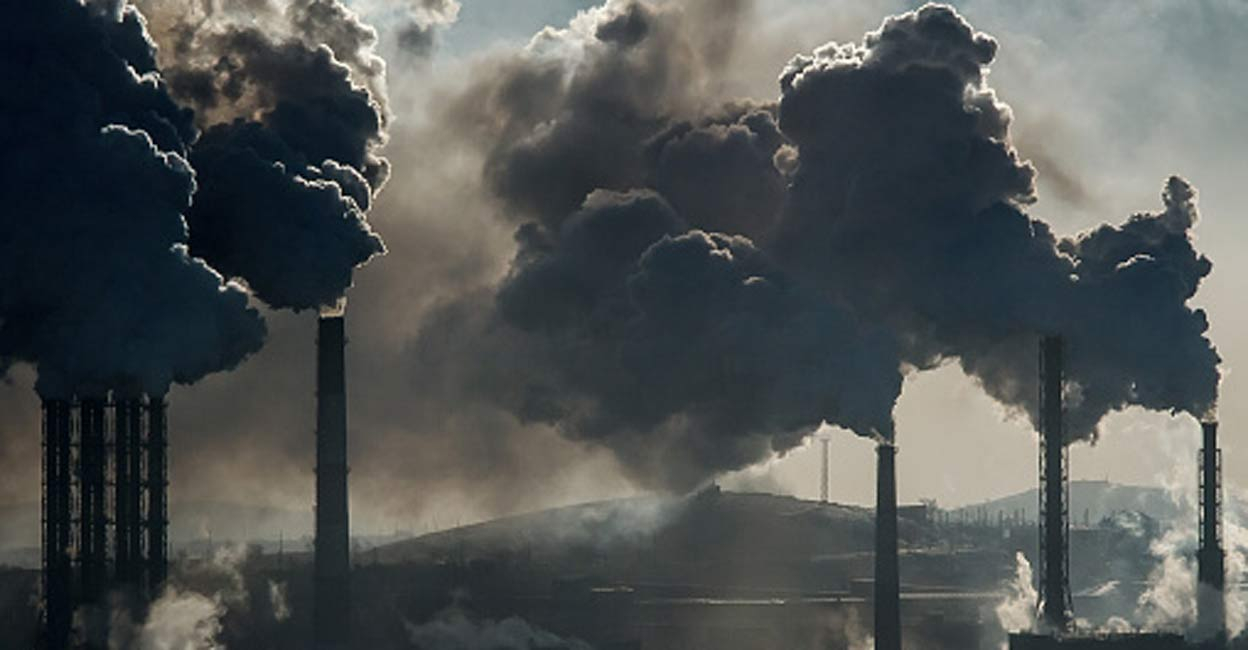By 2050, the amount of greenhouse gas emissions would be reduced to save the world from vast climate crises. Hence some governments noted and promised they will work on this agenda to minimize the greenhouse effect by limiting fossil fuel production, some are still on the rise to produce more.
According to the United Nations new report, many governments are planning to extract huge amounts of energy from fossil fuels in the coming years, which will result in greater wastage emissions. The report detailed, how the world's largest fossil fuel producer governments plan to carry on using coal, gas, and oil despite giving commitments made under the 2015 Paris Agreement, to limit global warming.
This latest report arrives as the world's leaders are set to meet at the UN climate summit, COP26, in Glasgow beginning on Oct. 31, 2021.
The world's governments plan to minimize a modest decrease in coal production while producing more than double the amount of fossil fuels. The amount is almost the opposite of the pledge they had taken before to limit global warming to 1.5 degrees Celsius.
Executive Director of UN Environment Program Inger Andersen stated in the COP26 conference, ‘Governments must step up, taking rapid and immediate steps to close the fossil fuel production gap and ensure a just and equitable transition.’
Experts urging to limit this fossil fuel use and production is a must to avoid such a threatening scenario that might occur because of climate change.
The group of 20 major industrialized countries has directed nearly $300 billion in new funds toward those continued fossil fuel activities since the beginning of the COVID-19 pandemic far more than they have toward clean energy efforts. The U.S. specifically has shown a 17% planned increase of oil production and 12% with gas by 2030 compared to 2019 levels, according to Wednesday's report.
Andersen said, ‘There is still time to limit long-term warming to 1.5 degrees C, but this window of opportunity is rapidly closing.’
Moreover, if carbon dioxide removal technologies fail to develop at a larger scale, or if methane emissions don't rapidly reduce, the gap between climate commitments and plans of governments will continue to expand, the report says.

